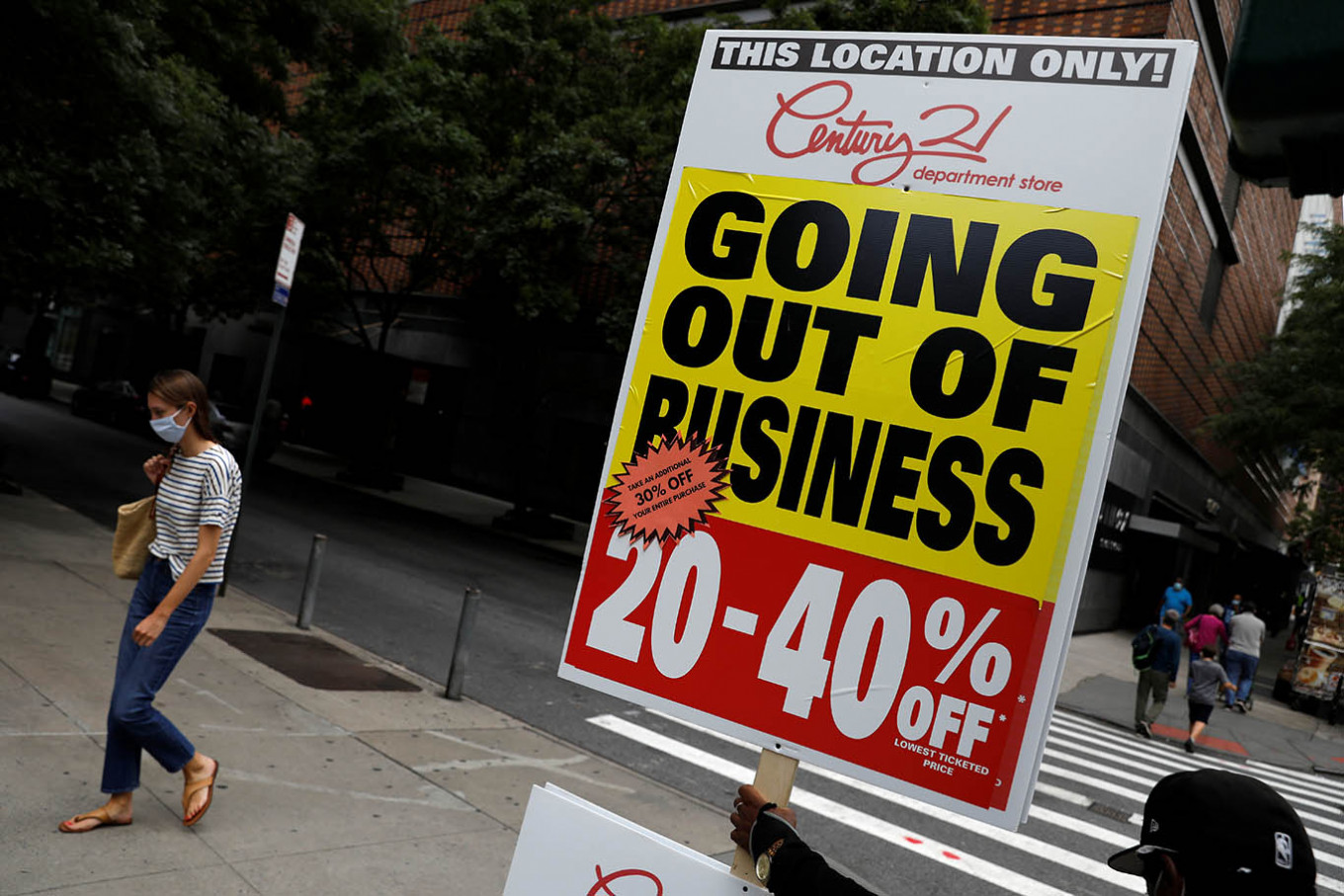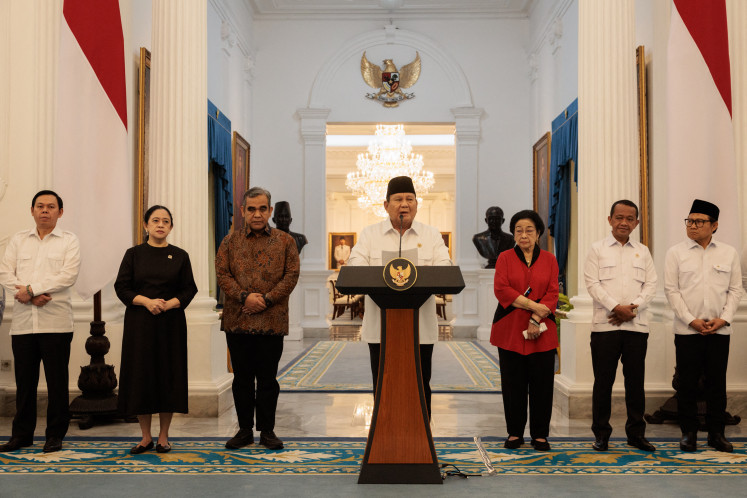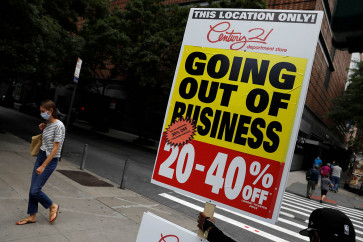Popular Reads
Top Results
Can't find what you're looking for?
View all search resultsPopular Reads
Top Results
Can't find what you're looking for?
View all search resultsQuestioning the idea of a bankruptcy moratorium
The PKPU scheme is in place to help borrowers restructure their debt.
Change text size
Gift Premium Articles
to Anyone
T
he Indonesian Employers Association (Apindo) has suggested that the government enact a moratorium on the filing of bankruptcy and the suspension of debt payment (PKPU) scheme for three years in view of the economic recession caused by the pandemic. The idea has set off debates among businesspeople and other stakeholders.
Coordinating Maritime Affairs and Investment Minister Luhut Binsar Pandjaitan said the government was discussing the issue and considering issuing a government regulation in lieu of law to carry out Apindo’s suggestion. On the contrary, several legal practitioners opposed the idea of a bankruptcy and PKPU moratorium, insisting that the bankruptcy and PKPU systems were made for both borrowers and creditors. Therefore, they should not benefit one party at the expense of the other.
In fact, a bankruptcy and PKPU moratorium may become a way out for bad-faith borrowers.
According to the commercial court case tracking system (SIPP) of the Central Jakarta District Court, bankruptcy and PKPU petitions have increased significantly over the last couple of years. So far this year, 363 bankruptcy and PKPU petitions have been filed, compared to the 345 filed during all of 2019. There is indeed an upward trend of bankruptcy and PKPU cases.
Before we analyze whether a bankruptcy and PKPU moratorium is necessary, we need to take a look at four things: first, whether the large number of bankruptcy and PKPU cases is a cause or rather a consequence; second, whether the bankruptcy and PKPU mechanism is favorable to the borrower; third, what the impact of a bankruptcy and PKPU moratorium would be; and fourth, what the alternatives are for a viable solution.
The stringent social mobility restrictions imposed due to the pandemic have forced many businesses to stop operations or production, causing their incomes to fall while banks and vendors keep demanding payments and while taxes, salaries and rent become overdue. In many cases, the condition has prompted vendors or banks to file bankruptcy or PKPU petitions.
Hence, it is most likely that the increase in bankruptcy and PKPU petitions was the consequence of the economic recession. There would have been no bankruptcy or PKPU petitions if there were no unpaid debt. Under such a circumstance, the case would most likely end up with a settlement or the court would reject the petition because the debtor is solvent and able to settle out of court.


















